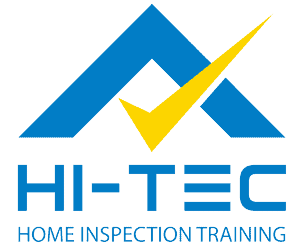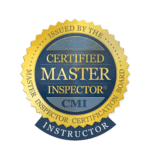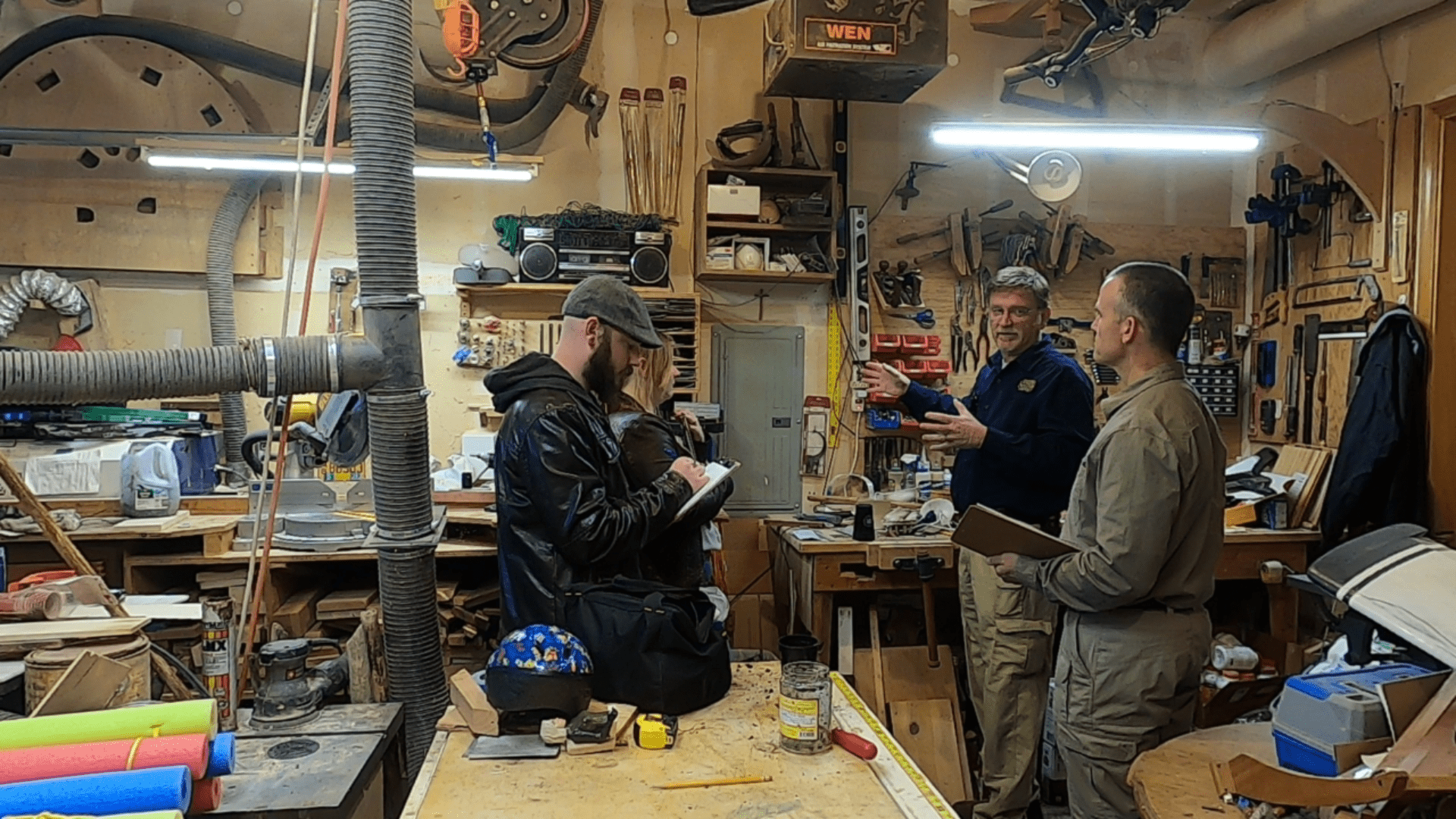Choosing the Right Home Inspector
Are you a first-time homebuyer wondering how to choose a home inspector? Well, there are 3 R’s in choosing a home inspector: Referrals, Report delivery, and Responses to relevant questions.
ReFerrals
Choosing a home inspector isn’t much different from choosing a contractor or any other service provider. As homebuyers, we’re hiring someone to do a job we know little about and we won’t know how good he/she is until the job is done and paid for – or in worst cases, later. That’s why referrals and reviews are so important.
I’ve been doing home inspections since 1994 and teaching home inspector certification courses since 2003. My experience is that most real estate professionals refer solid, skilled home inspectors to their clients. In addition, because of licensing laws and strict ethics and standards throughout the industry, most of these home inspectors arrive at the home ready to represent only the interests of their client. As a result, it makes sense to start your research with the 3 referrals from your agent.
Report Delivery
Throughout my career, whether performing a home inspection or teaching a class, I’ve remained adamant how the report can and should be delivered on site before the client and home inspector depart. The information you’re paying several hundred dollars for is time sensitive and tied to a brief contingency period. I don’t know about you, but my philosophy is whenever I’m paying someone over $100 per hour to perform a job for me, I want to be there and feel comfortable about getting my questions answered. I shouldn’t have to wait several days while playing phone tag.
Choose a home inspector who delivers the report to you on site or at the very least, by the end of the day. You’ll save a lot of time and angst on pins and needles, waiting to hear the results.
Responses to Relevant Questions
They say communicating is 25% talking and 75% listening. This means the most powerful tools we have when researching service providers are questions. Here are the must-ask questions when shopping for a home inspector:
- Do you mind if I attend the home inspection and ask questions?
You should attend the home inspection and get your questions answered because that’s exactly what the home inspection is for. The average home costs more than $300,000.00. You’re spending as much as $300-600 dollars to get it inspected. When a home inspector discourages buyer attendance, it may be because they have poor communication skills; a problem which often leads to clients spending a lot of time asking questions over the phone later.
- Exactly what services does your fee include?
Don’t assume because your last home inspector did a radon test or termite inspection that this one will, too. Every home inspector is different. Make sure there aren’t any hidden exclusions, as well. Every home inspector should make the effort to inspect the crawlspaces and attic when it’s safe and accessible. Some home inspectors charge extra for inspecting these areas even though they’re required to be inspected in most states.
- How soon will I get the report?
Remember, time is precious while in the contingency period. Waiting for the report could force you to make decisions under pressure when time is running out. Don’t settle for anything less than a same day report.
- Are you licensed/certified/insured?
Know if your state requires licensing, look them up, and READ the Standards of Practice (SOPs) for home inspectors in your state. The SOPs will tell you everything your home inspector is required to do or not do on your home inspection. Your general understanding of the inspector’s job requirements arms you with the information you need to decide whether you got your money’s worth.
Be sure to hire a home inspector who carries Errors and Omissions Insurance (it’s like malpractice insurance for home inspectors). Their general liability insurance won’t protect YOU if he/she misses a major defect of the home like the Errors & Omissions insurance will.
- Do you have a sample report I can review?
There’s a lot to be learned from a home inspector’s report. While you’re reviewing it, pay attention to the details. For example, a lot of photos make the report look pretty, but do you really need photos from 4 different angles of every room in the house? Do they help you make a more informed purchase decision? Are the photos relevant and useful, or do they appear to be 450 attempts at reducing inspector liability (CYA)?
Is the report language easy to understand, or is it filled with a lot of technical terms you need a 3rd party to explain or define? Is it formatted in a way that makes the report easy to read and follow along, or does it leave you feeling disconnected, flowing like a scavenger hunt looking for symbols and colors?
After reading an inspector’s sample report, you’ll get a really good feel for their ability to communicate safety hazards, major concerns, and maintenance issues to you.
Be bold and persistent when asking your questions, whether you’re interviewing a prospective home inspector or reviewing their report. Remember, you’re hiring the inspector to work for you.



